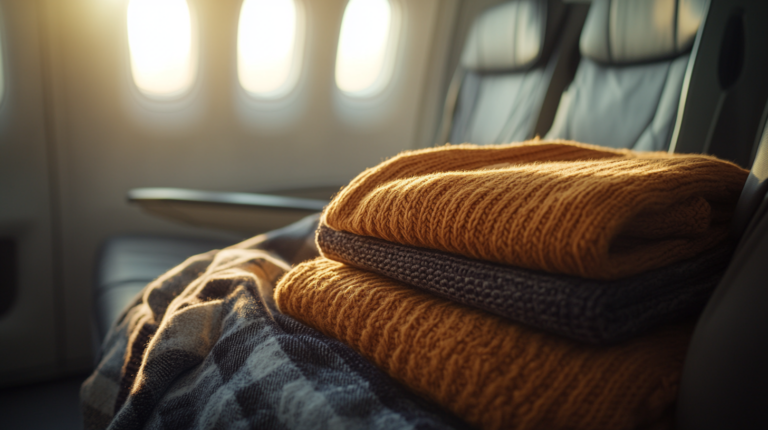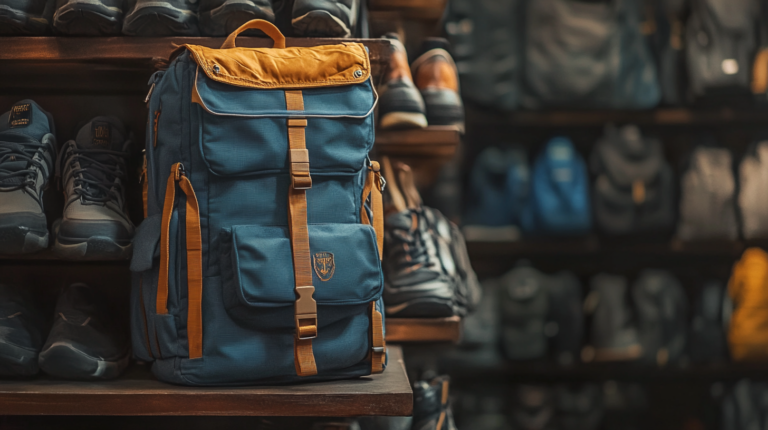Mile-Savvy Business Trips to China
Visa Updates and Simplified Entry
I’ve noticed over the past year that China has significantly relaxed its entry requirements, which feels like a breath of fresh air for frequent flyers. According to 2024 data from the World Travel & Tourism Council (WTTC), China welcomed over 65 million inbound travelers, signaling a robust revival from the slowdown in earlier years. From my experience, fewer hurdles at passport control can make a world of difference in kicking off a productive trip.
Most U.S. and U.K. travelers can enter visa-free for up to 10 days, offering a quick gateway to business meetings and networking events. Meanwhile, folks from 38 other eligible countries enjoy a 30-day stay, which I find especially helpful for more complex negotiations or longer trade exhibitions. The M visa remains a go-to for many, since it often grants a 30-day stay on a three-month validity—and for some lucky travelers from the U.S., Canada, and Argentina, a 10-year entry option is a real time-saver.
What’s more, the paperwork is far less daunting these days. In my own travels, I still recommend double-checking your documents and invitation letters before hitting the Chinese Visa Application Service Center. With health protocols now streamlined (no more COVID tests required), you’ll spend less time worrying about procedures and more time focusing on nailing that next big deal.
Preparing for the Long Haul
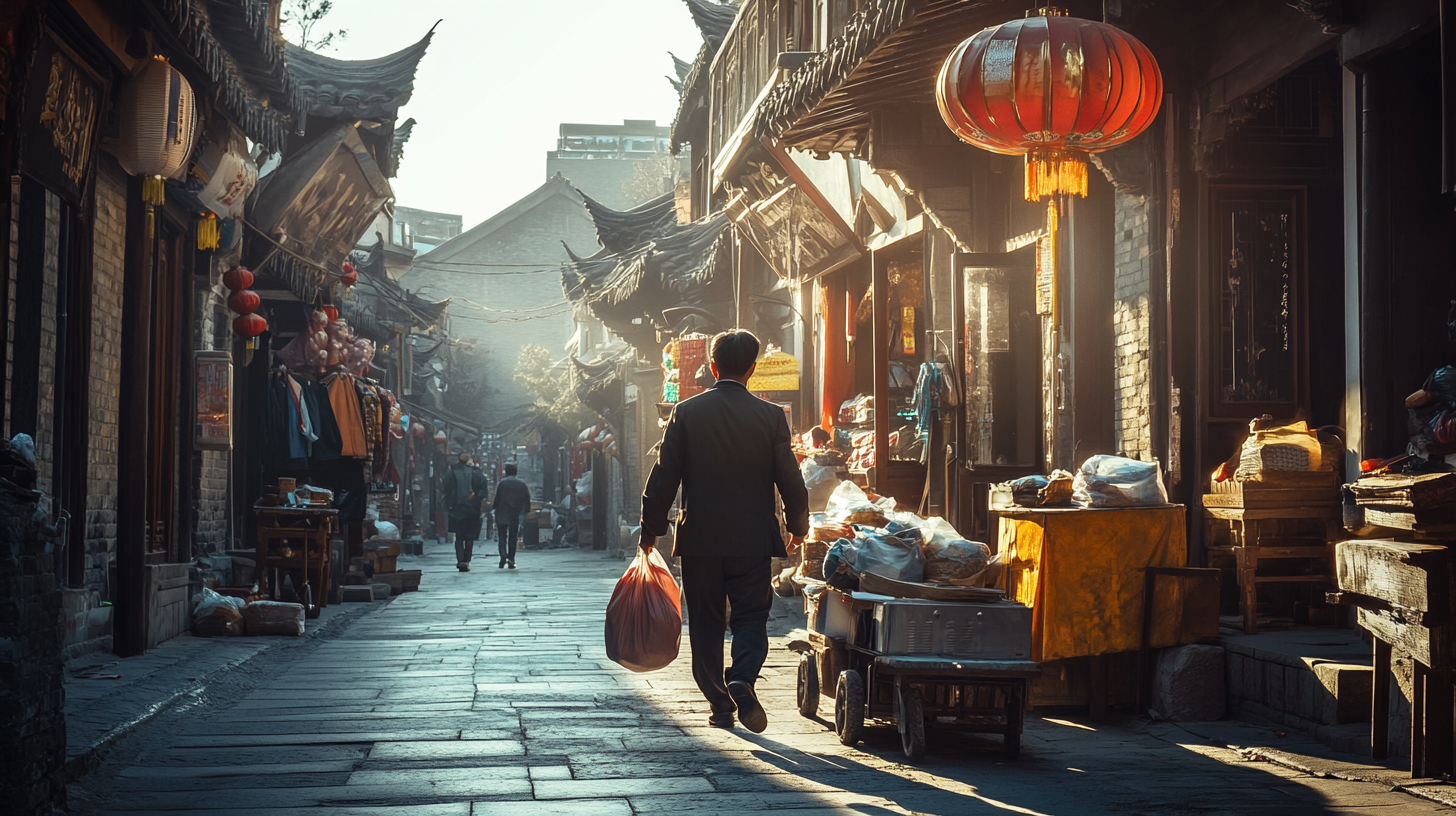
One thing I’ve learned over countless flights is that a bit of foresight can make lengthy journeys less draining. Scheduling an extra day upon arrival allows you to adjust to the time zone and recover from the flight. As a rule of thumb, for every four or five hours of time difference, I aim to build in some buffer time before any critical meetings. A recent study suggests that factoring in at least 24 hours of recovery can boost your productivity by nearly 25%.
Beyond scheduling, comfort items can transform how you feel when you land. I swear by noise-canceling headphones for restful mid-flight naps. A universal power converter helps avoid any last-minute scrambles, and a portable neck fan can be a godsend in humid airports. I’ve also discovered that having a digital copy of your passport and visa readily accessible can shave minutes off random ID checks.
Of course, it’s not just about what you pack. Always confirm that your passport expiration date meets China’s six-month validity requirement. If you’re traveling with an old passport that still has a valid Chinese visa, don’t forget to bring both documents—it has saved me more than once from unexpected airport delays.
Embracing the Culture
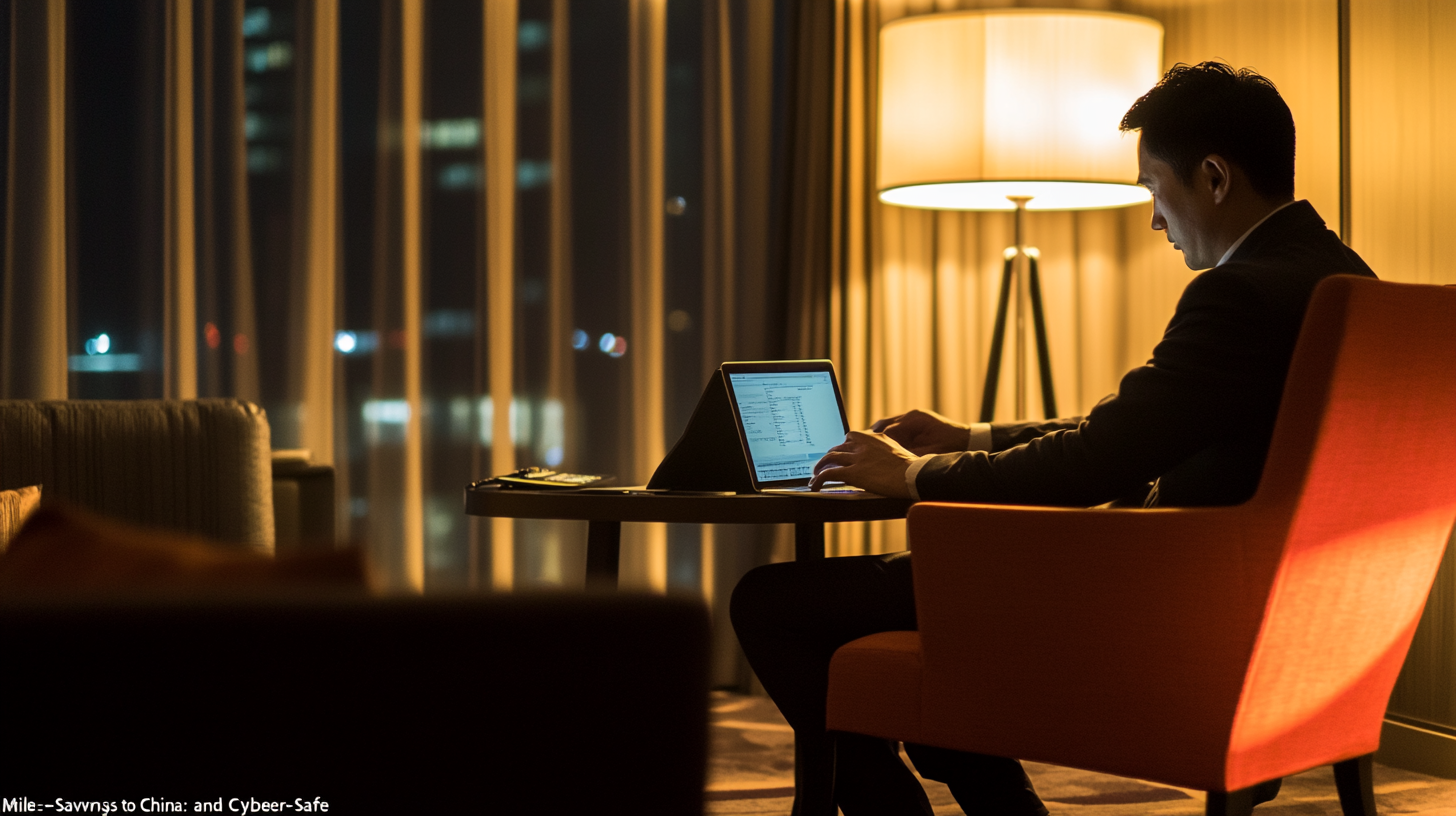
In my experience, business in China is about so much more than just formalities; it’s about building genuine connections. Guanxi, the relationship-driven approach I’ve come to appreciate, fosters trust and mutual respect. Though WeChat has largely replaced physical business cards, I still carry a few old-school cards because presenting them with both hands can set a respectful tone.
It’s also important to show courtesy in everyday interactions. During my visits, a small gift—something that represents my home culture—often helps break the ice. I’ve joined countless banquet-style meals where letting my host order the dishes not only saves face but also gives me a chance to sample local delicacies. According to a 2025 industry survey, over 80% of executives believe that cultural sensitivity directly impacts the success of international business deals.
And let’s not forget that small gestures can leave a lasting impression. Arriving a few minutes early for meetings and learning a few Mandarin greetings or phrases have always gone a long way for me. I consistently see that respect for local etiquette builds strong rapport, which in turn paves the way to more fruitful negotiations.
Staying Secure and Cyber-Safe
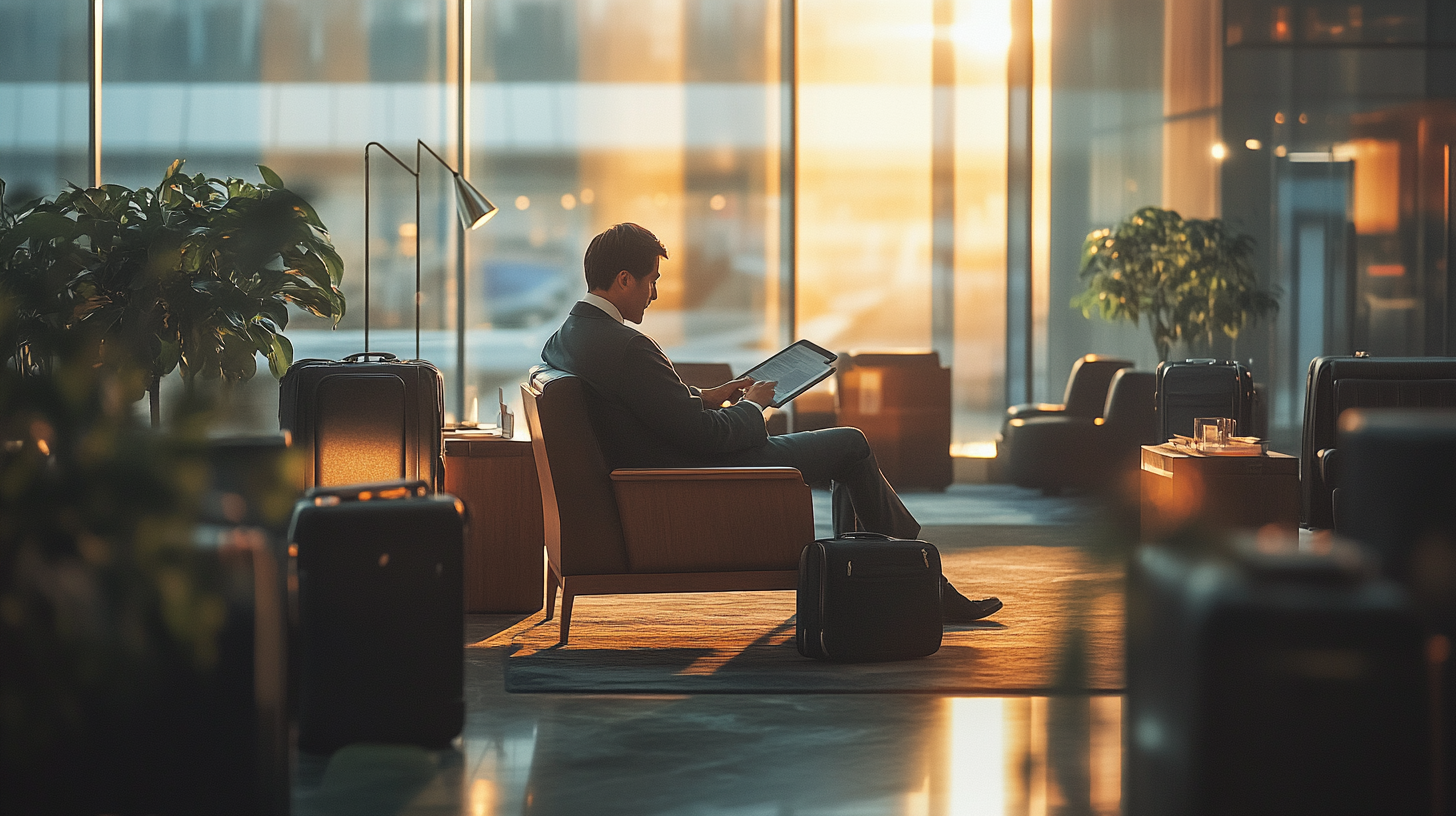
It’s no secret that China has robust surveillance measures, and I’ve definitely felt the presence of cameras in major cities. While this shouldn’t deter you from exploring, it’s wise to take extra precautions with your digital footprint. Apps like WeChat and Alipay are extremely convenient, but be mindful of the data you share. I typically use a dedicated travel phone for high-risk regions, keeping sensitive information on a separate device at home.
VPNs are another essential for me, especially when I need to access certain western websites or social media platforms. However, I make sure to install them ahead of time; you may find it challenging to download one once you’re within the country’s firewall. Regular travelers report that up to 70% of them rely on VPNs for secure connections during overseas business trips, underscoring their importance.
Generally, violent crime rates remain quite low, but staying aware of your surroundings is always a smart move. As a rule, I don’t flash expensive items in public and keep an eye on my belongings during busy commutes. A healthy dose of caution is all you need to move smoothly and safely through bustling metropolises like Shanghai, Beijing, or Guangzhou.
Bottom Line for Frequent Flyers
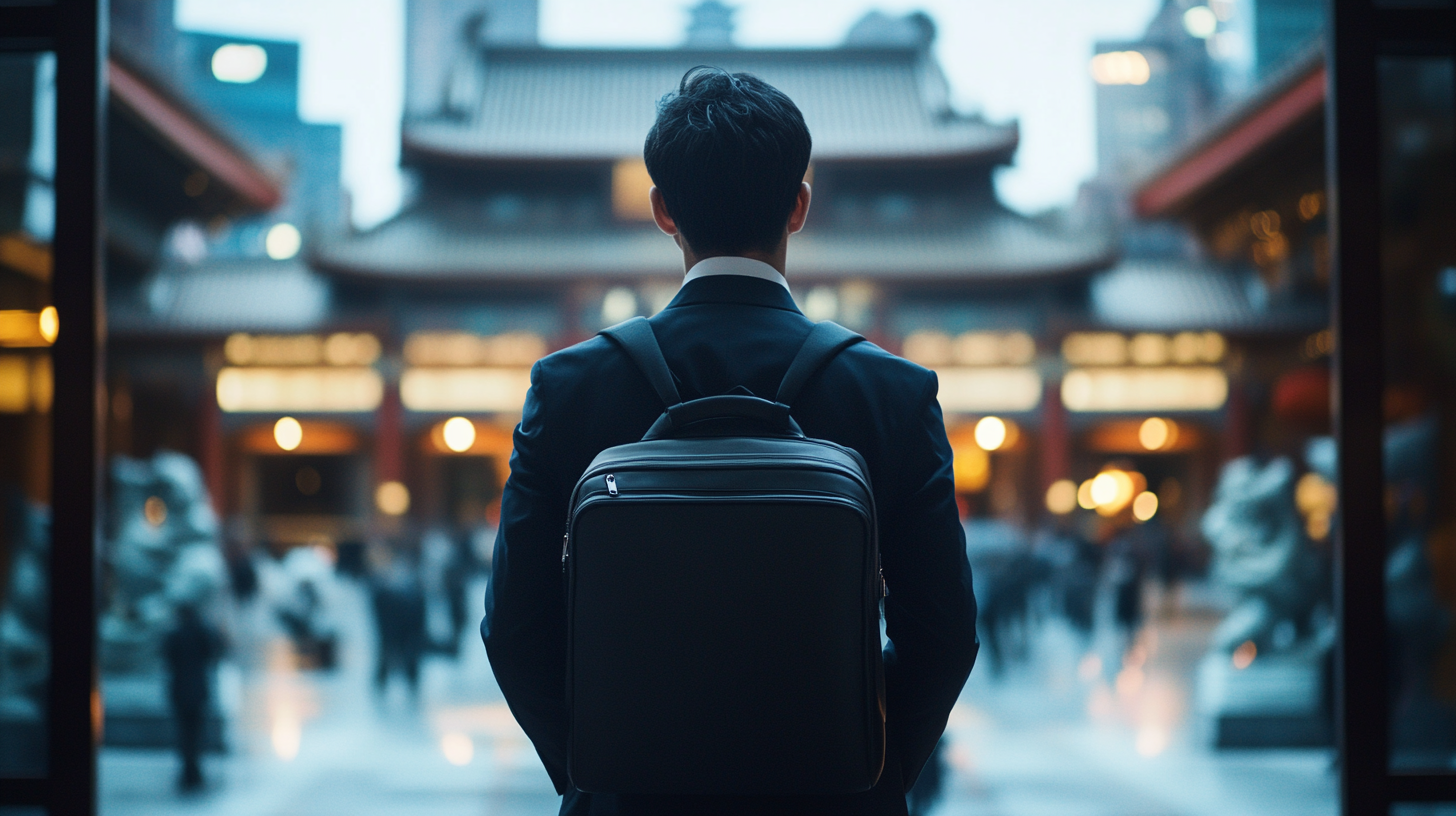
With China well on its way to reclaiming its position in global commerce, the streamlined visa process is a definite plus. Thorough planning—both cultural and logistical—makes a huge difference in how successfully you’ll conduct your business dealings. In my experience, giving yourself ample travel recovery time and respecting local norms can open doors you never saw coming.
Spring and autumn remain two of the best seasons to visit, when weather and airfare tend to be more manageable. Major cities like Beijing, Shanghai, and Shenzhen function as economic powerhouses, each offering its own unique flavor of innovation and culture. Keep vigilant with your tech habits, polish up on cultural nuances, and you’ll be well-prepared for a productive and memorable journey.
Ultimately, it’s about finding the sweet spot where comfort, efficiency, and cultural awareness intersect. And in today’s fast-paced world, being prepared makes all the difference—especially at 33,000 feet.
Final Thoughts
China’s open doors reveal a tapestry of business prospects coupled with a rich heritage waiting to be explored. It’s a crossroads where centuries-old traditions meet the gleaming pace of modern development. When you marry practical planning with cultural respect, you’re setting yourself up for that winning combination of successful negotiations and unforgettable experiences.
Even for seasoned travelers, each trip presents something new to learn. That’s part of the magic: no matter how many times I’ve traveled, there’s always a fresh insight or a new connection around the corner. And with the busy pace of 2025, there’s never been a better time to explore, invest, and grow your network in China—and have a little fun along the way.
Barry B.’s Take
For me, this journey is all about the buzz—where fast-paced business meets cultural depth. By blending a bit of forethought, a few savvy tech habits, and heaps of cultural awareness, you’ll hit the ground running with confidence.
Above all, the excitement of exploring China’s dynamic roads, whether for accelerating your business or simply soaking in the local atmosphere, is an experience that sparks lasting memories. I can’t wait to see what your next trip unfolds.
Find more buzz-worthy tips at milesBUZZ.


